Something feels different.
That's worth exploring.
It’s natural to have questions when your child is struggling or developing differently than their peers. Maybe you're noticing challenges with communication, social interaction, or behavior—and you're wondering if it could be autism. This page is here to help you understand what signs to look for, what autism can look like at different ages, and how to take the next step toward clarity and support.
"You’re not overthinking. You’re paying attention. When you understand how your child sees the world, you can meet them there - and help them grow."
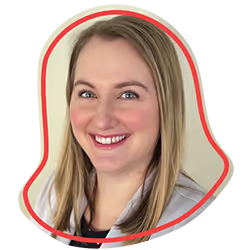
Testing for autism
may be appropriate if your child...
Review the list below and check all the items that resonate with your child's behavior and development.
- Is easily upset by changes in routine, disruptions in play, or transitioning between tasks
- Does not make eye contact, follow your gaze, or look at an object that you pointed to
- Engages in a particular movement repeatedly
- Does not talk back or babble as if having a conversation
- Recites specific songs, phrases, or words
- Prefers to play alone or next to others rather than playing with others
- Did not start to speak, say words, or talk by the age of three
- Is bothered by loud noises, smells, texture, foods, clothing, or being touched
- Does not smile back when you smile at them
- Has a pediatrician, daycare, or school staff member that has raised concerns about their developmental needs or autism
Count the items you checked above. If your child is 4 and under and meets 5 or more of the criteria above, we encourage you to explore a formal evaluation.
Early diagnosis and intervention are key, and our team is here to answer questions or to schedule an assessment.
Watch our free webinar: Recognizing Early Signs of Autism
Curious about what early signs to watch for in your child? In this recorded webinar, our neuropsychologists walk you through developmental milestones, what might signal autism, and how to know when it’s time to seek an evaluation.
Watch anytime—it’s free, informative, and designed with parents in mind.
Early signs of autism by age
There’s no single way autism shows up. Some signs are visible early on, while others become clearer as social, emotional, and learning demands grow. You may notice just one sign—or several.
Below, we break down common signs of autism by age to help you better understand what you may be seeing in your child or teen.
12-24 months
- Limited or no eye contact
- Doesn’t respond to their name
- Delayed babbling or speech
- Doesn’t point, wave, or use other gestures
- Little interest in social games like peek-a-boo
- Repetitive movements (rocking, flapping, spinning objects)
2-4 years
- Few words or phrases; may repeat the same words (echolalia)
- Limited pretend play or imitation
- Focused more on objects than people
- Difficulty engaging in shared play with peers
- Strong reactions to sounds, lights, or textures
- Rigid routines or rituals
5-7 years
- Trouble making or keeping friends
- Difficulty with back-and-forth conversation
- Fixation on specific topics or routines
- Strong need for sameness; distress with changes
- Emotional meltdowns or shutdowns when overwhelmed
- Sensory sensitivities (e.g., clothing textures, loud noises)
8-12 years
- Struggles with understanding sarcasm or jokes
- Misses social cues or body language
- Speech may sound formal, scripted, or overly precise
- Becomes overwhelmed during transitions
- Intense focus on specific interests
- May prefer time alone over social activities
Our testing locations in the Chicagoland area
We believe evaluations should happen in spaces that feel safe, calm, and welcoming—especially for young children. That’s why we offer autism testing at several thoughtfully designed locations within North Shore Pediatric Therapy across the Chicago area. Whether you're close to the city or in the suburbs, our centers are built with families in mind and staffed by experts who truly care.
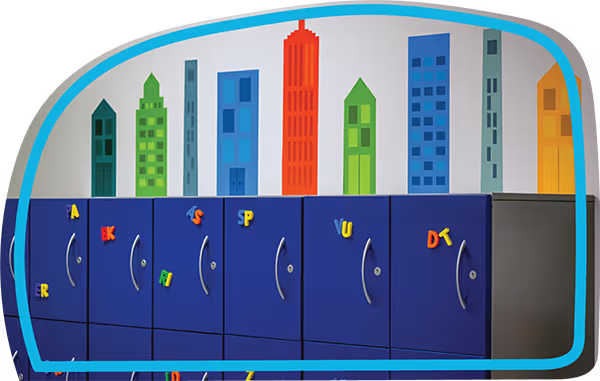
Arlington Heights
Arlington Heights, IL 60005
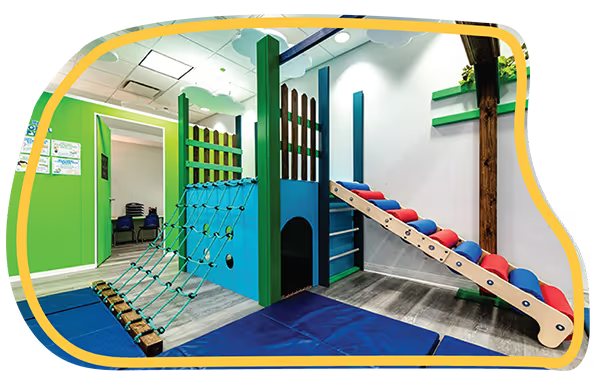
Evanston
Evanston, IL 60201
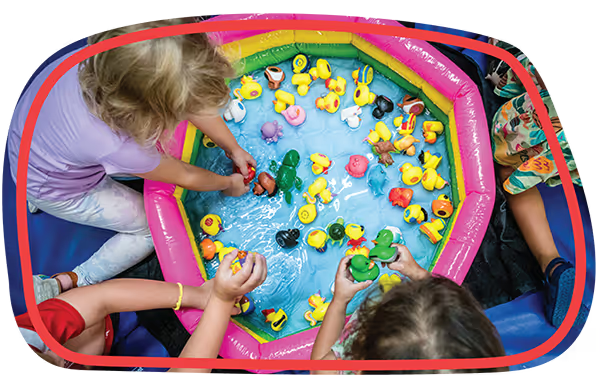
Des Plaines
Des Plaines, IL 60016
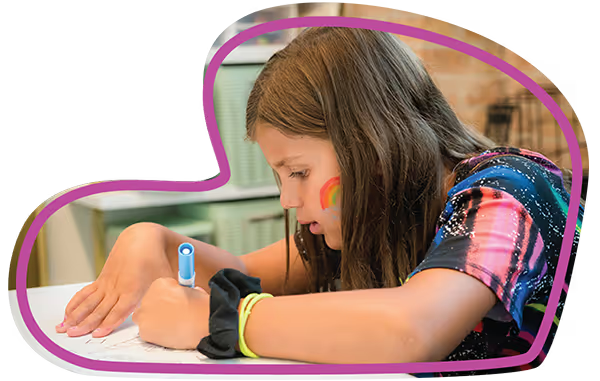
Naperville
Naperville, IL 60563
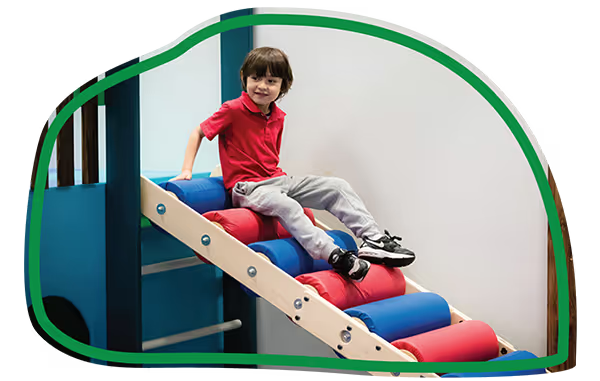
Deerfield
Deerfield, IL 60015
Take the first step
Connect with our team to schedule an evaluation or ask questions—we’re here for you.

